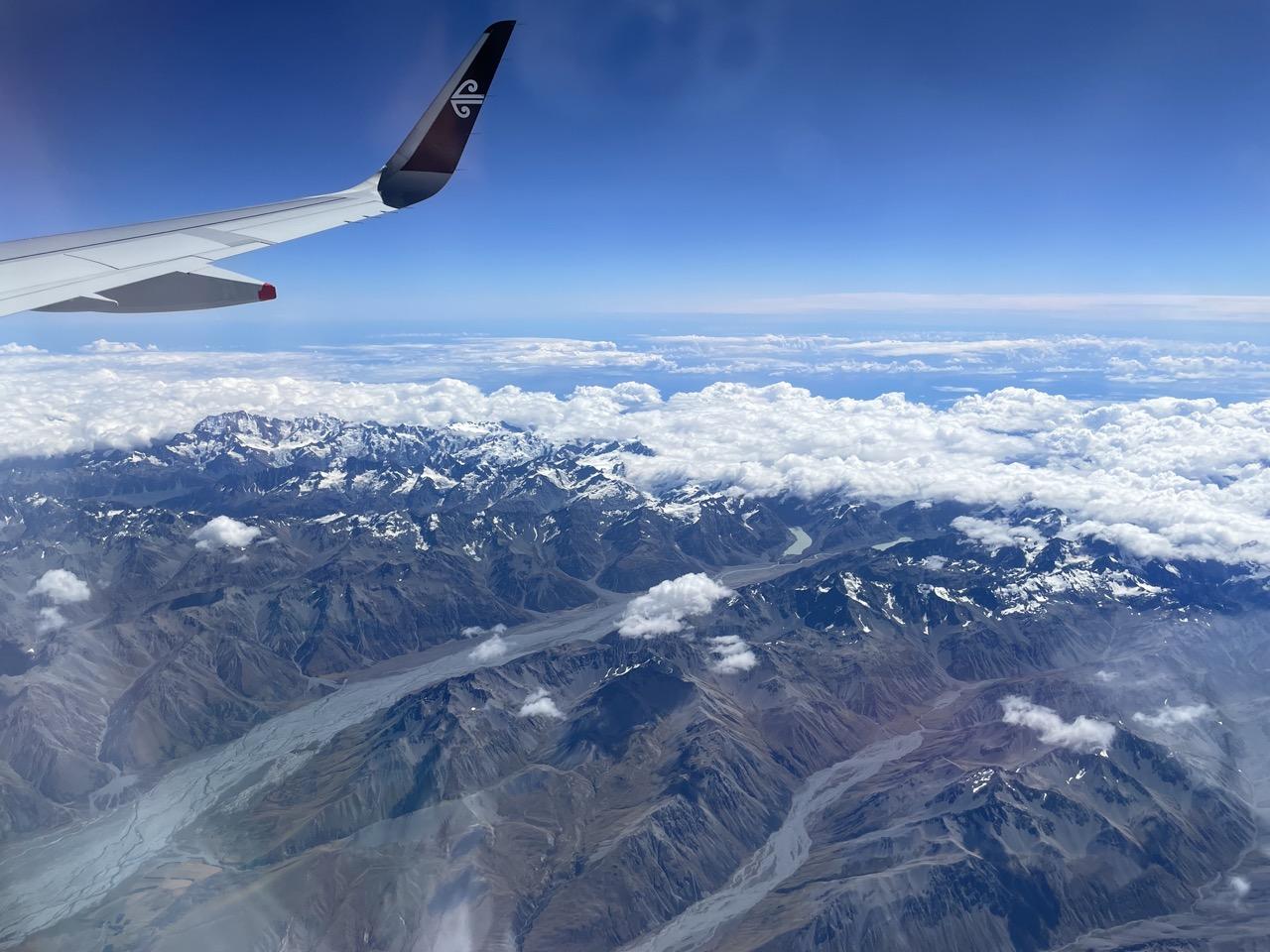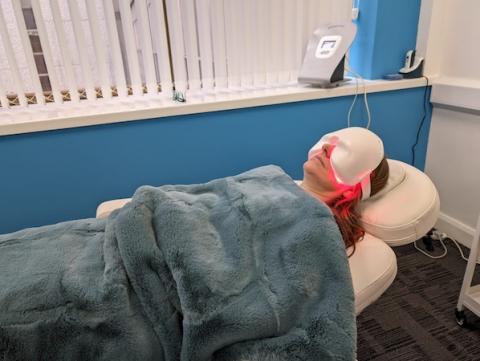Top Tips for Staying Comfortable on a Plane
Published on Friday, 21st June 2024

The sun is finally shining and it is getting to the time of year when you might be considering jetting off on a summer holiday. Whether your flight is short or long haul, you may be feeling apprehensive because of the effects that flying can have on your ocular comfort if you are a dry eye sufferer. In this article we are going to give you our top tips for keeping your eyes comfortable whilst on a 'plane, so you can enjoy the beginning, and end, of your holiday, just as much as that all important destination break.
First though, why do our eyes become so irritable on an aeroplane?
Travelling in general can be very stressful. Add in the time pressures, crowds, security hold-ups and queues experienced in many airports and you have the makings of a tension filled nightmare. Our body responds by releasing cortisol, a hormone that can lead to dilated pupils, difficulties focussing, light sensitivity and twitchy eyelids. In other words, you may be experiencing visual discomfort before you even reach your seat!
Once in the air there are another couple of reasons why our eyes feel so disturbed. When the 'plane has reached cruising altitude the cabin pressure is usually kept at between 1800-2400m; this keeps passengers safe and comfortable, though blood oxygen saturation levels may be reduced by about 10%. This small reduction can lead to our eyes feeling the same as if we had over-worn contact lenses, that is, burning and scratchy, and possibly excessively watery. Secondly, humidity levels in the cabin are typically at 10-20% compared with the 40-50% usually experienced in a building. This can lead to the drying of mucosal membranes on the cornea (front, clear part of the eye), as well as your mouth and lips. Again, this makes our eyes feel irritated, gritty and scratchy.
So, what can you do to keep yourself, and your eyes, as comfortable as possible whilst flying?
- Keep properly hydrated. Drink plenty of water and avoid too much alcohol. Consider taking an empty bottle that you can fill up with water once you are through security to keep you going throughout your flight.
- Take your usual lubricating eyedrops and/or eye spray with you on the 'plane, and ensure that you use them regularly. You may need to use them more frequently than usual but that should be ok. Remember that eye sprays may be easier to use in cramped conditions, or when you do not have a mirror to hand: just close your eyes and spray - job done! If you have any doubts ask your Optometrist or Dry Eye Specialist for advice.
- If you are a contact lens wearer, take them out and wear your specs! Though do make sure you have washed your hands before removing them and have your storage case and solutions readily available.
- Take a Peep Club Wand, or similar, with you and use it during the flight. This small device will heat and massage your eyelids, encouraging that all important oily layer of your tear film to flow better and keep your eyes comfortable for longer.
- Avoid staring at the entertainment screen for the entire duration of your flight. We do not blink as often as we normally would if we are concentrating on a screen. This will exacerbate your eyes drying out in the already arid cabin atmosphere: so why not treat yourself to a glossy magazine, read a book, or even take the opportunity to get some sleep before you reach your destination?
If you are a confirmed dry eye sufferer we hope you have found this information useful and can now look forward to your holiday with a little less trepidation. However, if you have experienced symptoms that sound like dry eye, yet are unsure if this relates to you, please do not hesitate to send us a WhatsApp or give us a call on 07561 596128, or drop us an email info@sootheocularspa.co.uk; we would love to help!
You may also like
--600.jpg)
The Best Daily Cleansing Routine For Dry Eyes
The best routine for keeping your eyes clean and comfortable on a daily basis
--600.jpg)
Understanding and Managing Menopausal Dry Eye
Are you experiencing changes in your eye comfort? Causes of Dry Eye Disease in menopause, what you can do to relieve your symptoms and when to seek specialist help

The Best Treatments for Meibomian Gland Dysfunction : IrPL Vs LLLT
There are now treatments available to bring more relief to those suffering with Meibomian Gland Dysfunction and rejuvenate glands that are no longer functioning optimally.


